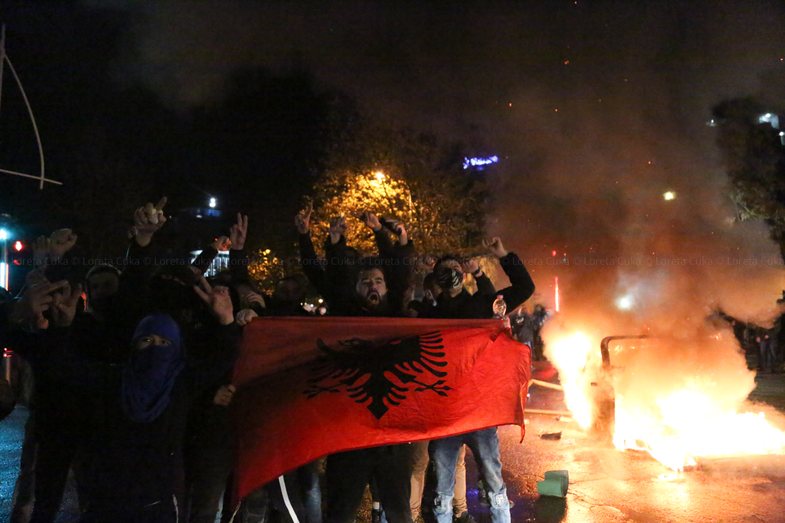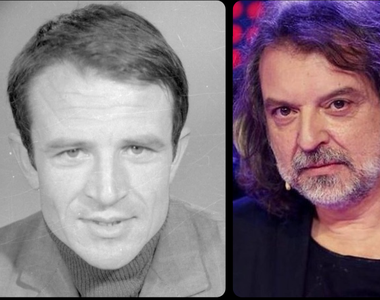
The killing of 25-year-old Klodjan Rasha by a police officer sparked violent reactions in the capital and sporadic protests in other cities. The violent three-day protest is in the spotlight these days, but the question arises: Will it be successful?
Such protests attract more media coverage, research shows, because of journalists and the media seeking to report what is happening, but studies on the psychology and strategy of movements seeking change say violent protests tend to tarnish the true message. .
In her book, Why Civil Resistance Works: The Strategic Logic of Nonviolent Conflict, Harvard professor Erica Chenoweth explains why civil resistance campaigns attract more people. In an interview with the Weatherhead Center for International Affairs, published in The Harvard Gazette, she explained why peaceful protests are more successful:
"The first is a large and diverse participation of people, which is sustainable. The second thing is that [the movement] must provoke a reaction from many forces, including the elite of society. The third thing is that campaigns should be able to have more than just protests; must have changes and strategies. "The fourth thing is that when faced with repression - which is essentially inevitable - they should not fall into chaos and use violence, because if that happens, they are simply doing what the party they are protesting wants."
In the same interview, she explains that her studies and other observations show that nonviolent protests are more effective because they lead to long-term reforms. She points out that democratization processes tend to be more flawed when they occur after armed and violent conflicts, rather than campaigns of civil resistance.
The same theory is supported by Orion Lewis, a professor of political science at Middlebury College in Vermont who has long studied protest. In an interview with Radio Radio International's The World radio program, he said: "I think the success of nonviolent resistance lies in its ability to mobilize a significant number of people around a certain idea."
Is protest alone enough? According to Lewis, no. "When there are protests that are not successful in formulating their message or complaints and are involved in violence, it dilutes the overall message. So the more organized and able you are to clearly formulate protest grievances, the more you will be able to control what happens on the street. That is what makes a successful protest. "
The Atlantic reports that in one study, people were shown videos of anti-Trump protests. Some of them were moderate in relation to violence, while some others were extreme and violence was present everywhere. The study showed that people were more supportive of Trump when they saw violent protests.
Robb Willer, a Stanford University sociologist and co-author of the study, told Atlantic: I'm not like these people. "
Other early studies show that nonviolent civil rights protests in the 1960s in the U.S. increased white people's votes for Democratic candidates who supported civil rights. Meanwhile, violent protests later showed an increase in support for Republicans.
Willer emphasizes that successful protests do not have violence (remember the protest against chemical weapons in Albania), because the goal is only one:
Gaining allies among people who disagree with you.





